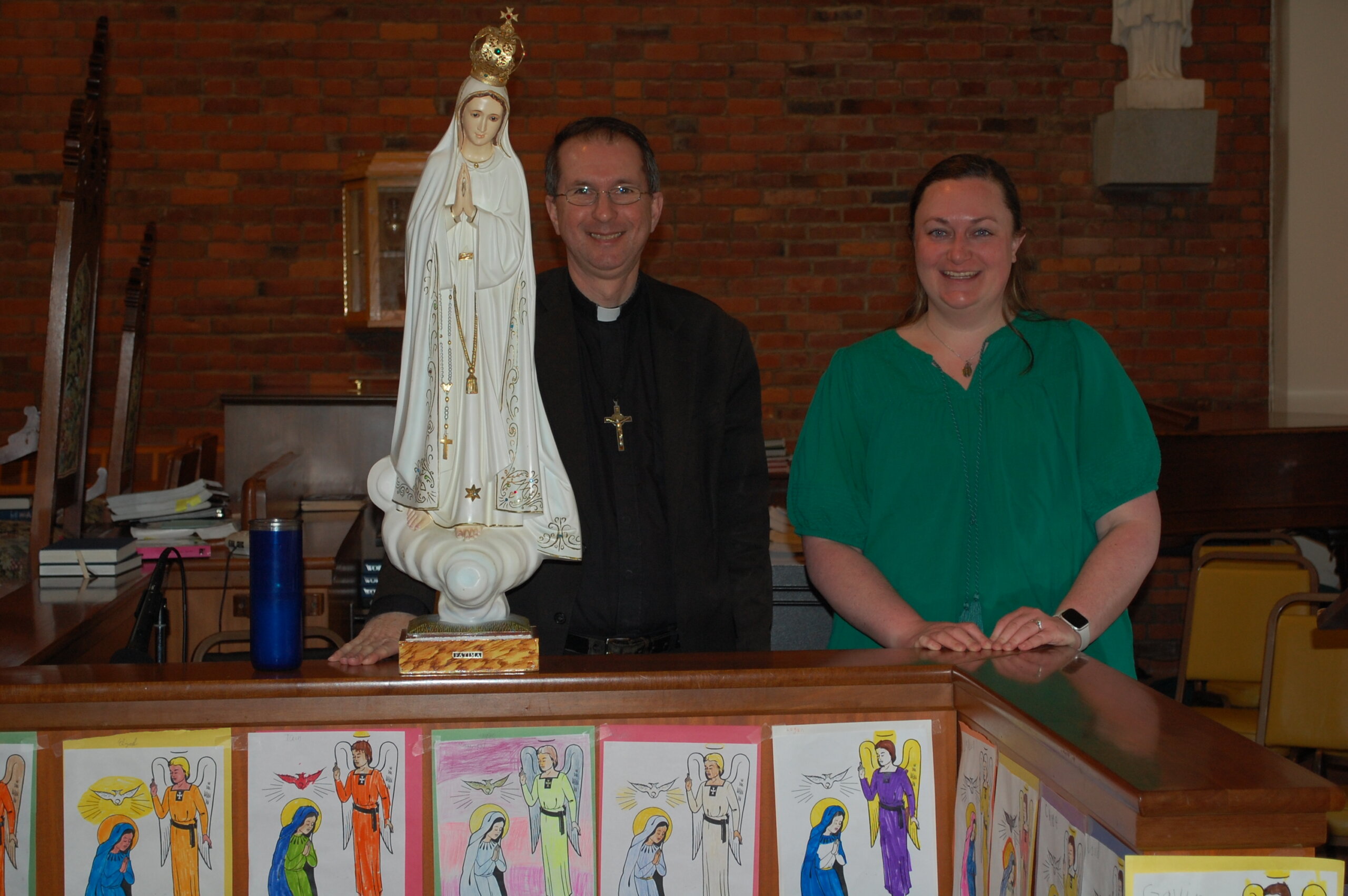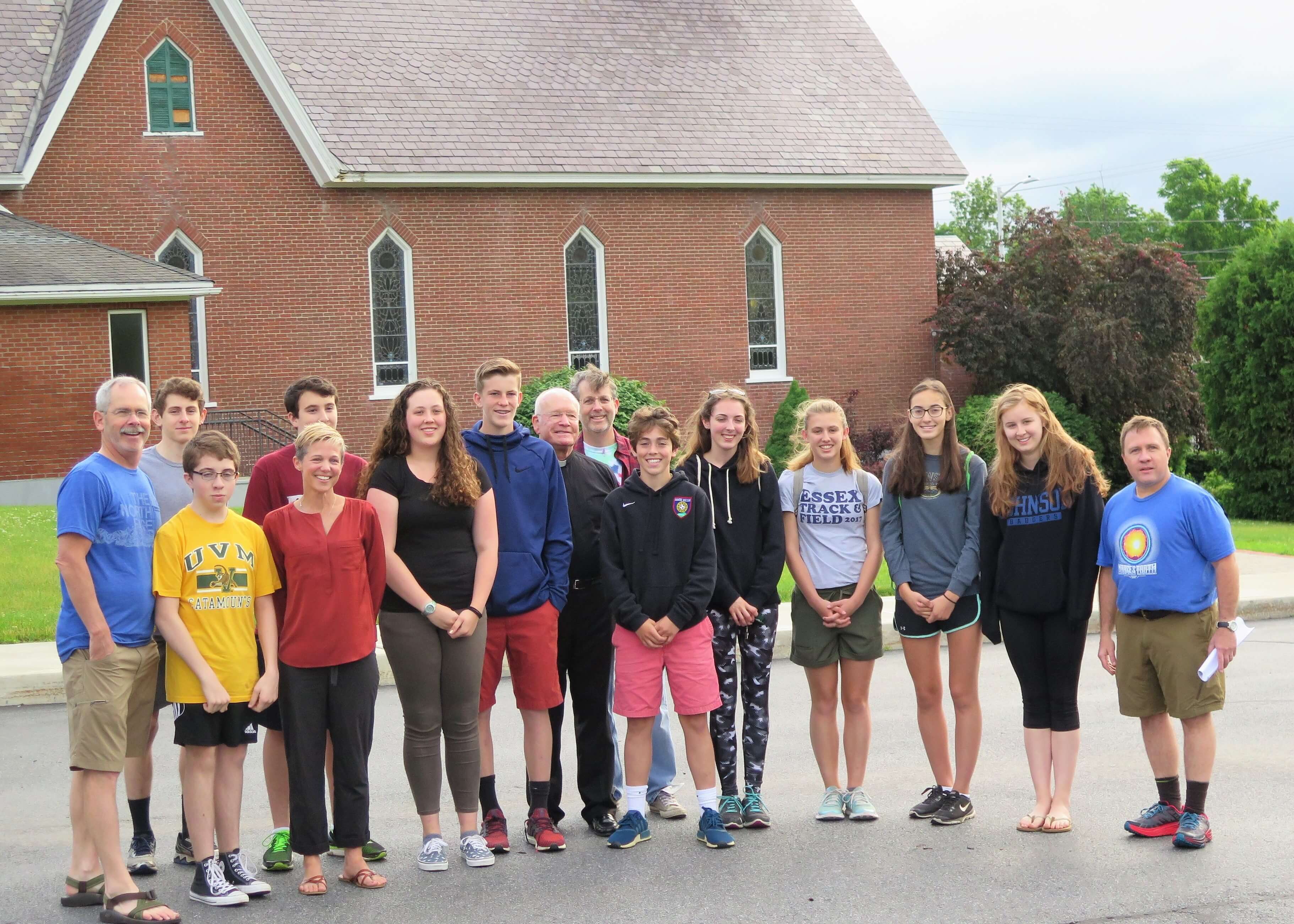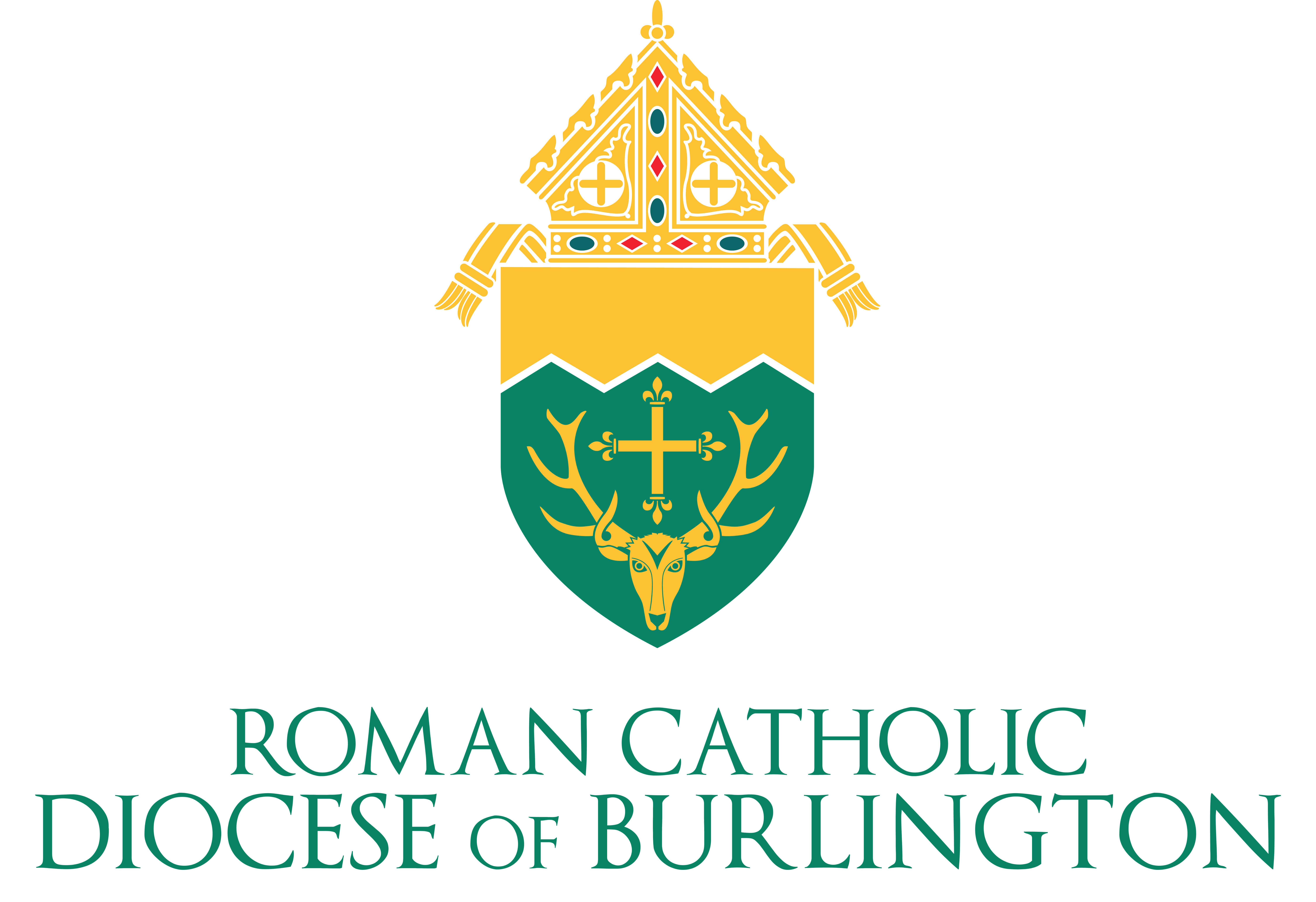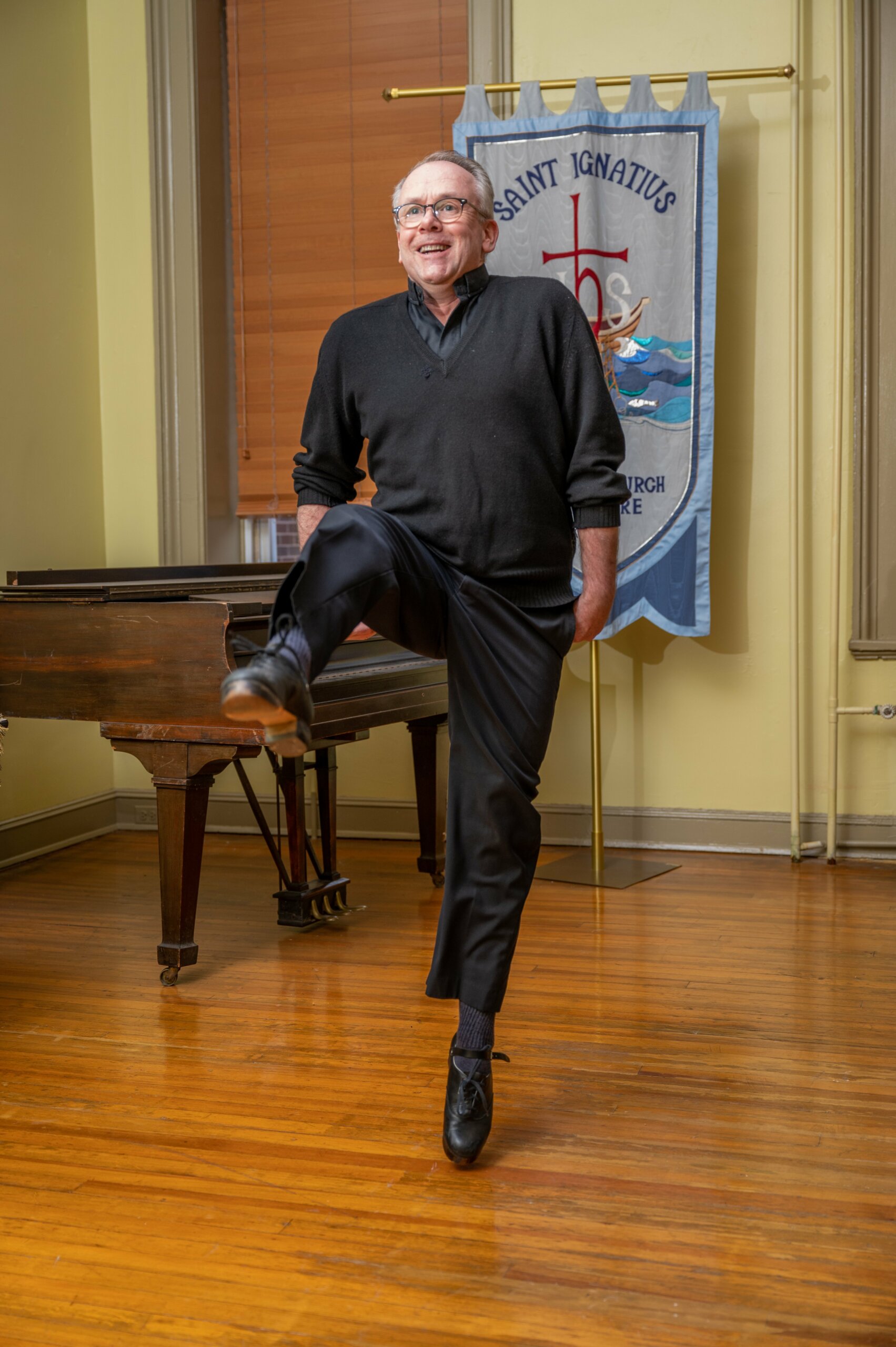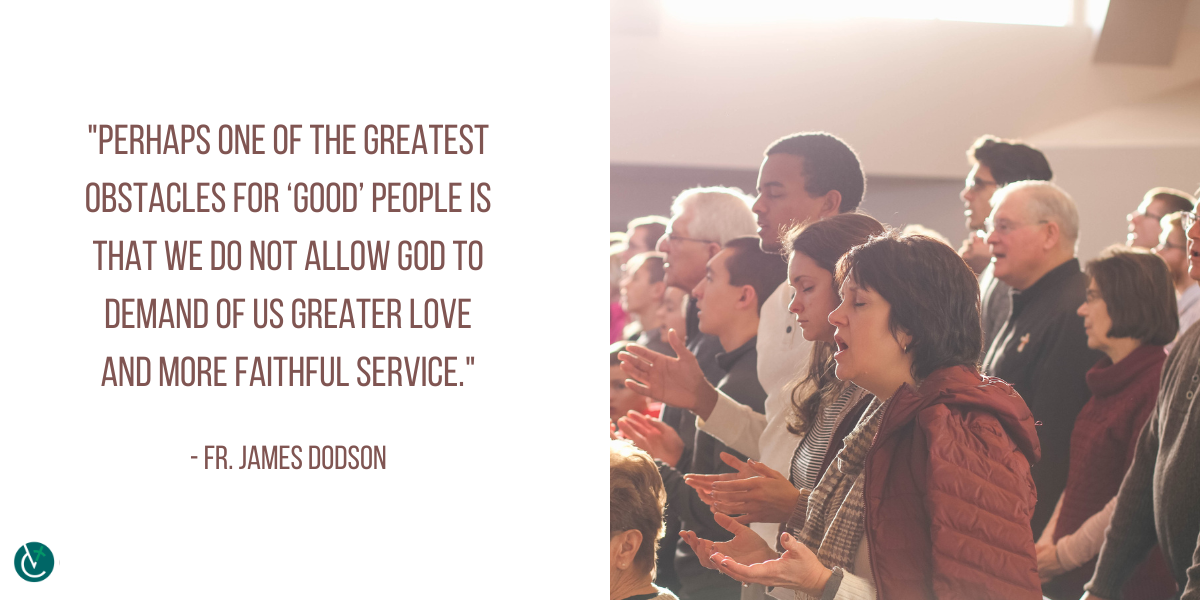
What sets Jesus Christ apart from all other teachers? In short, the Lord is the divine teacher whose subject matter is, in essence, himself.
Put another way, when the Lord teaches, He not only teaches about something, He teaches himself – He who is the Way, the Truth and the Life. No other teacher, professor or academic holds his or her position to teach about himself or herself; rather, they expound on some subject about which they are knowledgeable. In Jesus Christ, however, the subject and the object are one and the same reality.
Additionally, there is a substantial difference between knowing about Jesus, and knowing Jesus. A cursory familiarity with knowing some things about Jesus may provide a certain spiritual comfort that suits us and our current manner of life. The longer one stays in this place of comfort without any challenge, however, the more difficult it is to desire any and all necessary change according to God’s will, let alone effect it.
Perhaps one of the greatest obstacles for “good” people is that we do not allow God to demand of us greater love and more faithful service. In short, we are not willing to sacrifice. And if this is the case, can we say with integrity and in all honesty that we truly know Jesus Christ? We may know the words that our Lord speaks without allowing the divine word to convict us and transform the manner of our life all the way through; so, in this we know about Jesus without truly knowing Jesus.
The things we know about Jesus, or think we know about Jesus, can make us “feel good,” especially when highlighting certain areas about which our Lord speaks without understanding how they fit into the totality of His message. How often we bracket and set aside certain words and teachings of Christ because our acknowledgement of them would demand a radical change in the manner of our life!
Never in the Gospel do we hear the words “be nice” uttered from the lips of the Lord, but unfortunately this two-word caricature of His message seems to be the summary espoused by many people today. “Nice” captures nothing substantial, and is essentially meaningless. And rather than feeling uncomfortable, we allow ourselves to subscribe to a many-times sanitized and redacted cliff notes version of the Gospel – to our peril and the peril of those we profess to love as brothers and sisters in Christ.
We exchange “being” for ‘feeling.” Yet, is it not precisely this temptation, of exchanging “being” for “feeling,” that our blessed Lord confronted as He hung upon the cross for our redemption and the salvation of the world? And yet, to make the point rather bluntly, He hung in there.
So, how do we truly allow ourselves to be educated in the ways of God?
First, by knowing about what Jesus Christ has done for me, and second by being convicted to transformation by the eternal word into an ever-more perfected reflection of the Lord, to the point that the words of St. Paul to the Galatians become our own: “I have been crucified with Christ, and the life I live now is not my own; Christ is living in me. I still live my human life, but it is a life of faith in the Son of God, who loved me and gave himself for me” (Gal 2:19-20).
It is in this moment that the true, authentic Gospel knowledge about Christ in one’s mind unites with the soul’s desire to be transformed into the likeness of Jesus Christ himself, so that, even if only for an instant, the heavenly Father’s statement about His beloved Son is simultaneously directed at us, His adopted children in faith: “This is my beloved Son with whom I am well pleased” (Matt 3:17).
The reading of sacred scripture, study of the teachings of Christ in and through the Catholic Church, a regular life of committed and disciplined prayer and a moral life constantly renewed and strengthened by the divine grace of the sacraments are the solid educational platform on which the faithful are instructed by the divine teacher, Jesus Christ, who fulfills in himself the gap between God’s ways and thoughts and our ways and thoughts.
It has been said that the only true disciples of the Lord are “teachable ones.” So, are you teachable? Not just in mind, but unto the manner of your life? It is only when the student is able to put what he or she has learned into practice consistently that true education has occurred and learning taken root.
Do you have the desire to be teachable of God? Consult the barometer of the true, authentic, unadulterated Gospel as proclaimed by Jesus Christ and measure the manner of your life in light of it.
The Third Luminous Mystery captures our Christian vocation beautifully – The Lord’s Proclamation of the Kingdom and Call to Conversion. Let us, then, pray for the desire to hear and know every word falling from the lips of Him who says “whoever has ears ought to hear” (Matt 11:15), and for the grace that our heavenly Father knows we need to become like Christ, whose life perfectly matches His mouth. What He says, He is; and as He is, so we are to be.
So, perhaps the next time you are in church preparing silently for Mass, you offer this prayer: “May your divine word O Lord, convict, teach and transform my mind and the grace flowing from the worthy reception of your precious body and blood transform my life so that I may become like you whom I receive – to the glory of God and the salvation of my soul. Amen.”
—Father James Dodson is director of vocations for the Diocese of Burlington and pastor of Nativity of the Blessed Virgin Mary-St. Louis Parish in Swanton and Highgate Center.
—Originally published in the Fall 2022 issue of Vermont Catholic magazine.

